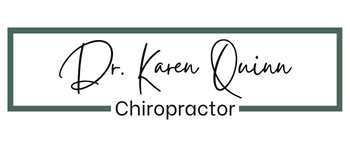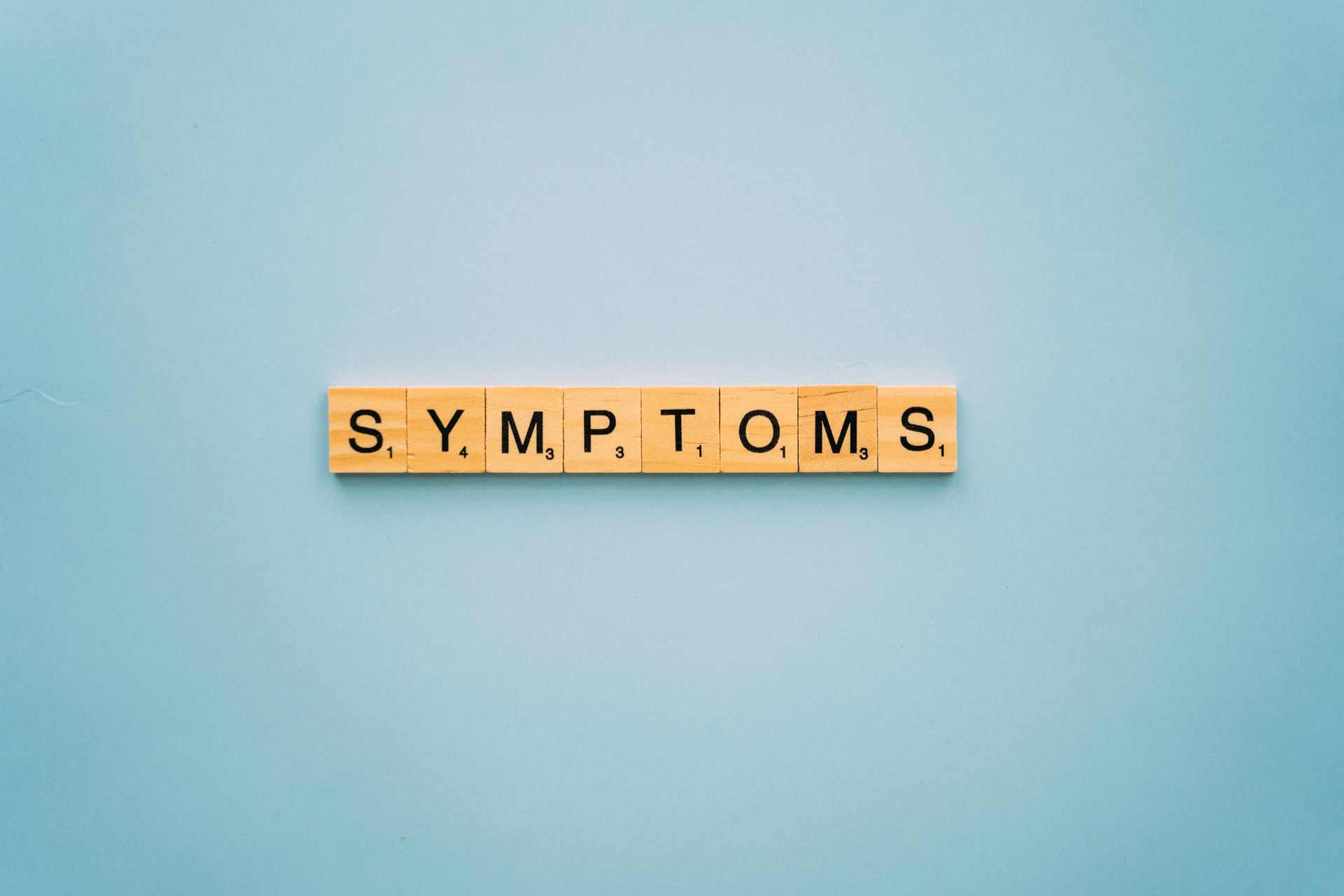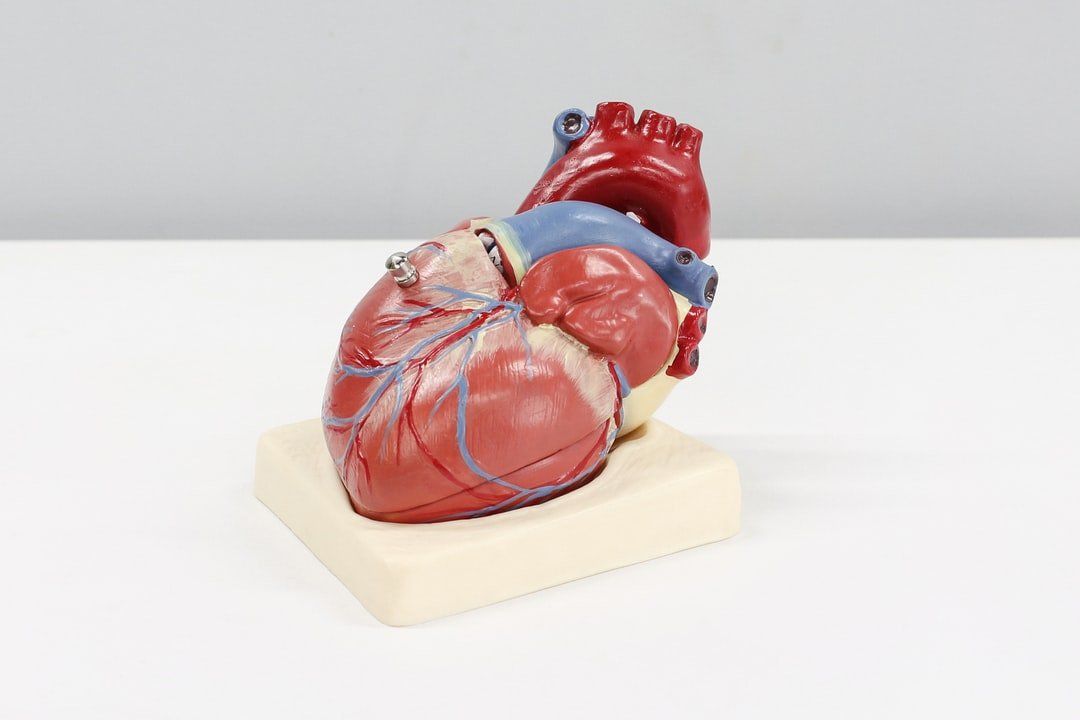Chiropractic for Carpal Tunnel Syndrome
Originally posted by the Alberta College and Association of Chiropractors
The expression “lending a hand,” has come to mean offering great assistance. We use this expression because we realize how important our hands are in our day-to-day activities. Those who suffer from carpal tunnel syndrome (CTS) understand the key role our hands play better than most. CTS was associated with the second longest average time away from work (27 days) among the major disabling diseases and illnesses in all private industries, according to a report from the Bureau of Labor Statistics.
What is carpal tunnel syndrome?
CTS is a condition caused by a pinched nerve in the wrist. It causes pain and numbness in the index and middle fingers and weakness of the thumb. Carpal tunnel receives its name from the eight bones in the wrist, called carpals, which, together with a ligament at the wrist, form a "tunnel," through which the three nerves leading to the hand pass.
The first symptom usually seen in those suffering from CTS is numbness or tingling in the thumb, index and middle fingers that comes and goes. This sensation often occurs during daily activities like holding a steering wheel, phone or newspaper. The sensation may extend from your wrist up your arm. You may also have a tendency to drop things. This is because of the weakness of the thumb's pinching muscles controlled by the median nerve, which loses strength for most CTS suffers. As CTS worsens, the pain may be enough to wake you from your sleep.
Who is at risk of carpal tunnel syndrome?
CTS is a repetitive stress injury, meaning it’s an injury that’s caused by repetitive motion. People who perform repetitive motions daily with their hands such as typists, checkout staff, hairdressers and mechanics are at risk for CTS. Jobs like these often require repetitive flexing of the wrist, which may create pressure on the median nerve or worsen existing nerve damage. Computer mouse manipulation is a current, very common contributing activity for CTS, with some many of us working in front of a computer all day.
Women are two to five times more likely to develop CTS than men. This may be because the carpal tunnel area is relatively smaller than in men. Pregnant women are also at higher risk because the fluid retention that comes along with pregnancy can irritate the median nerve.
How can I prevent carpal tunnel syndrome?
Reduce your force and relax your grip – You may not realize it, but you may be using more force than needed when you preform manual tasks. A Perfect example of this could be pounding the keys on your keyboard, when a slight tap will do the trick. Using a track-ball device is a great alternative to a regular mouse for helping prevent CTS also. Being a conscious of how much force is needed relative to your task can go a long way in preventing CTS.
Improve your overall posture – It may sound simplistic, but the way you stand can have a negative chain-reaction to your hands. If you stand with your shoulders slouched forward, your neck and shoulder muscles are shortened, compressing nerves in your neck. This can affect your wrists, fingers and hands.
Keep your hands warm - You're more likely to develop hand pain and stiffness if you work in a cold environment. If you work in Alberta’s often frosty conditions, a warm pair of gloves can do wonders.
What if I think I have carpal tunnel syndrome?
If you’ve been experiencing the symptoms related to CTS, consult your chiropractor.
Chiropractic is a safe and noninvasive treatment for CTS. After an initial diagnosis your chiropractor will recommend a specialized treatment plan for you. Your chiropractor could use one or a combination of the following treatments for your CTS pain including:
an adjustment to your wrist, arm and upper spine. A misalignment of your spine could be significantly contributing your CTS
ultrasound therapy, which uses sound waves to relax muscles, alleviate pain and reduce inflammation and wrist supports, which keep the wrist in the proper alignment.




Newsletter Sign-up
You have signed up for Dr. Quinn's monthly newsletter!
Please try again later.






